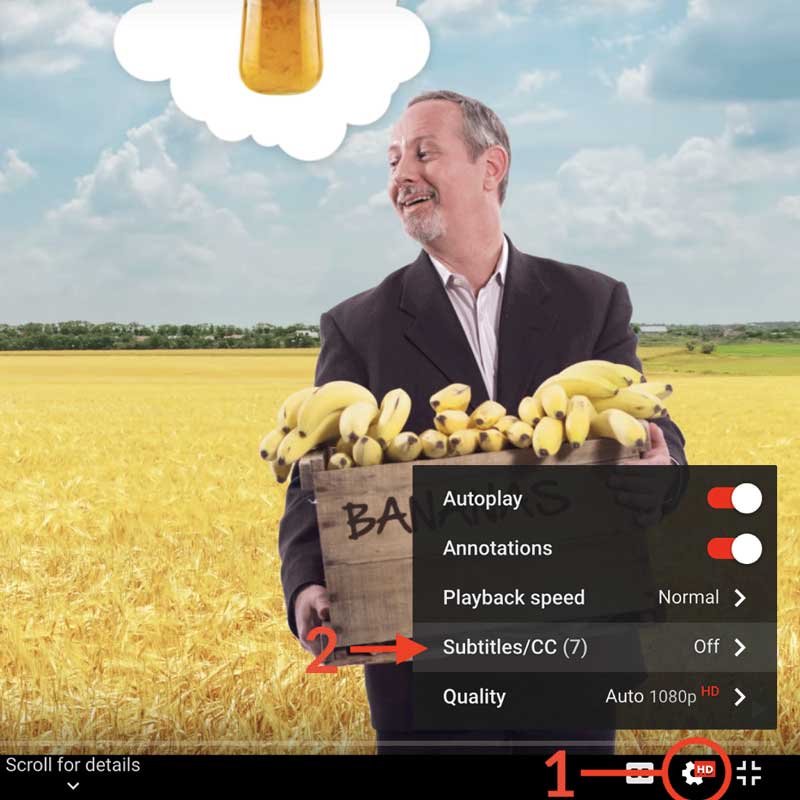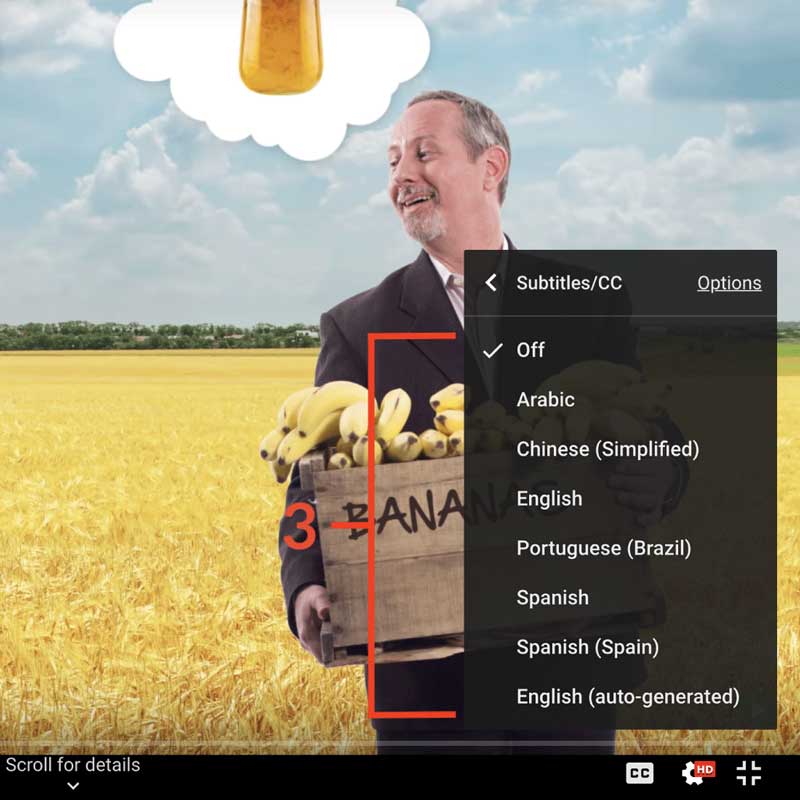Club Goods
Course Outline
Club Goods
This is "Club Goods" from our Principles of Economics: Microeconomics course.
In this video we discuss club goods. Club goods are nonrival and excludable. For instance, HBO is a club good, as you need to pay a monthly fee to access HBO (excludable) but more viewers does not add to costs (nonrival). Entrepreneurs are always looking for ways to turn public goods into club goods — cable TV and satellite radio being two examples. Some entrepreneurs have even figured out how to profit from providing public goods — for instance, radio and broadcast television are public goods, but, thanks to advertising, they are profitable.
Teacher Resources
Transcript
In the previous video we covered public goods, which are nonexcludable, and nonrival. Let's now turn to club goods.
Club goods are also nonrival, but unlike public goods, they are excludable. Let's take Wi-Fi as an example. You might need a password to connect to a Wi-Fi network. That's what makes it excludable. However, assuming that there isn't much congestion, there's no cost to allowing more people onto the network. Up to a point, therefore, Wi-Fi is non-rival. HBO -- that's another example of a club good. It's excludable -- you have to pay $15.99 a month or something like that to get into the HBO club. But more viewers don't add to costs, so HBO is also nonrival. Markets can provide club goods, but at the price of some inefficiency.
Imagine for example that someone is willing to pay $8 per month to watch Game of Thrones. The marginal cost of HBO providing that viewer with Game of Thrones -- it's basically zero. The potential viewer is willing to pay $8, which is more than the cost. Yet they don't get to watch, because the price of HBO is even higher -- $15.99 per month. This is unlike competitive markets that we covered earlier, where we saw trades get made so long as the value is greater than the cost.
For club goods, there's some loss of efficiency in exclusion. In excluding this particular viewer, for example, since the benefit to the viewer is greater than the cost, yet that trade is not made. Now, the fact that HBO charters for entry to it's club -- that means that HBO, however, has an incentive to figure out what viewers really want to watch. That's an important benefit. The diversity, creativity and responsiveness of the market probably outweighs the loss of efficiency in having the market produce club goods. As we covered in the last video, public goods tend to be under-provided, because they cannot be adequately charged for.
One solution to this problem is figuring out how to turn a public good into a club good. And entrepreneurs have created excludable goods, like cable tv and satellite radio, that are alternatives to the public goods of broadcast television and radio. Other entrepreneurs have even discovered ways to profit from providing public goods even without relying on exclusion.
How's that possible? Radio and broadcast television -- they're public goods. They're nonexcludable, and nonrival, and yet they are provided privately by markets. In this case, the market overcame the challenge through advertising. Advertising -- it really works quite well for TV and radio. The marginal costs of providing someone a radio or TV signal -- it's zero. And the price -- it's zero as well. Price equals marginal cost -- that's efficient. Now, you do have to watch the ads, and that's profitable because they're selling the ad time. Here's another familiar example, maybe you've heard of it -- Google. The search technology and the database are nonrival. Google could exclude by adding a subscription cost. But it chooses not to, since it makes more money by giving the product away for free and selling advertising.
Now let's go back to Wi-Fi. It's a very interesting case, because we can see Wi-Fi provided in almost all possible ways. It's sold by private firms, like Sprint, who exclude non-payers. It's offered free to attract customers at places like Starbucks. It's free in other places if you watch ads. And it's even provided for free by some local governments. So we see all types of provision methods for Wi-Fi, and it's not clear which is the best, or even if there is a best method.
Okay, that's it for club goods. Next we'll be looking at nonexcludable, but rival resources -- the common resources.
Subtitles
Thanks to our awesome community of subtitle contributors, individual videos in this course might have additional languages. More info below on how to see which languages are available (and how to contribute more!).
How to turn on captions and select a language:
- Click the settings icon (⚙) at the bottom of the video screen.
- Click Subtitles/CC.
- Select a language.


Contribute Translations!
Join the team and help us provide world-class economics education to everyone, everywhere for free! You can also reach out to us at [email protected] for more info.
Submit subtitles
Accessibility
We aim to make our content accessible to users around the world with varying needs and circumstances.
Currently we provide:
- A website built to the W3C Web Accessibility standards
- Subtitles and transcripts for our most popular content
- Video files for download
Are we missing something? Please let us know at [email protected]
Creative Commons

This work is licensed under a Creative Commons Attribution-NoDerivatives 4.0 International License.
The third party material as seen in this video is subject to third party copyright and is used here pursuant
to the fair use doctrine as stipulated in Section 107 of the Copyright Act. We grant no rights and make no
warranties with regard to the third party material depicted in the video and your use of this video may
require additional clearances and licenses. We advise consulting with clearance counsel before relying
on the fair use doctrine.

